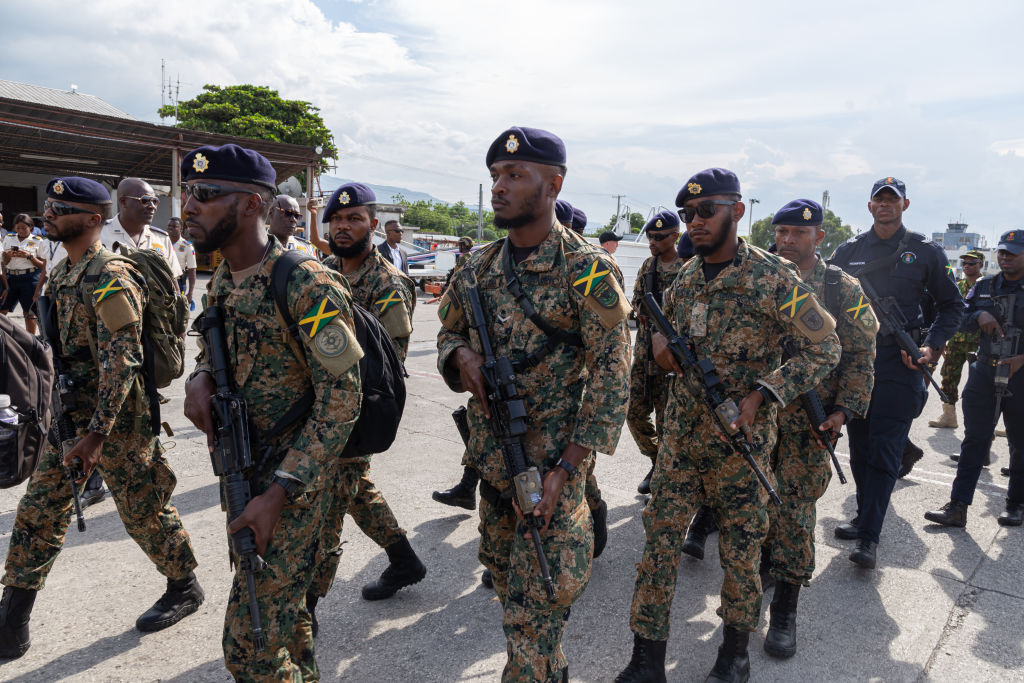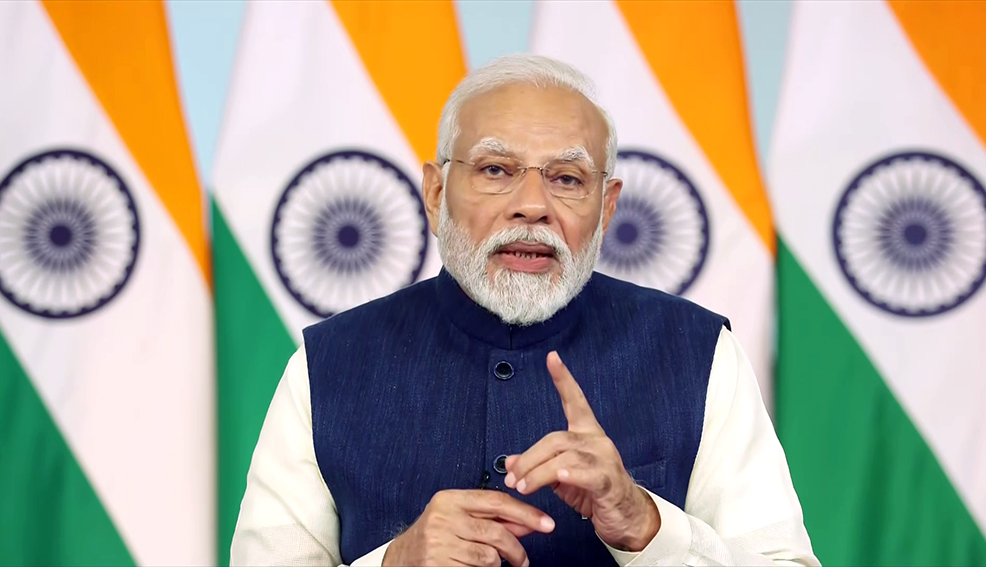The U.N. Security Council unanimously agreed on Monday (September 30) to authorize for another year an international security force helping fight armed gangs in Haiti, but a U.S. push for a plan to transform it into a U.N. peacekeeping mission was dropped from the resolution because of opposition by Russia and China.
The United States is now focused on supporting a call in the General Assembly last week by the head of Haiti’s transition council, Edgard Leblanc, for a U.N. peacekeeping mission, U.S. Ambassador to the U.N. Linda Thomas-Greenfield told the council.
“The United States stands ready to heed Haiti’s call, and we would urge those who have voiced skepticism in this regard to accord proper value to the perspective and consent of the host government, the representative of the Haitian people,” she said.
Haitian leaders last week warned of worsening insecurity in the Caribbean country. Powerful gangs, armed with weapons largely trafficked from the United States, have united in the capital under a common alliance and now control most of the city and are expanding to nearby areas.
Haiti’s U.N. Ambassador Antonio Rodrigue told the council that transforming the security mission into a U.N. peacekeeping operation “appears not just to be necessary, but a matter of urgency,” arguing that it would guarantee stable funding and allow capacities to be expanded “to a level that is reflective of the magnitude of the present challenges in Haiti.”
The security mission, while approved by the U.N. Security Council, is not a United Nations operation and currently relies on voluntary contributions. The mission has so far made little progress toward helping Haiti restore order with only 400 Kenyan police officers on the ground and a lack of funding.
China and Russia – both council veto powers along with the U.S., France and Britain – said the international security mission should be given more time to establish itself.
“Discussing other options now will only interfere with the implementation of the mission’s mandate. After all, peacekeeping operations are not a panacea,” China’s deputy U.N. Ambassador Geng Shuang told the council.
“What’s more, Haiti does not have the conditions for the deployment of peacekeeping operations,” he said.
Russia’s deputy U.N. Ambassador Dmitry Polyanskiy said it was premature to discuss changing the mission.
“Clearly, overcoming criminality through military methods alone is not possible. There’s a need for resolute and immediate action to counter the smuggling of weapons, American weapons, that have flooded into Haiti,” he said.
Haiti’s gangs are subjected to a U.N. arms embargo.
U.N. peacekeepers were deployed to Haiti in 2004 after a rebellion led to the ouster and exile of then-President Jean-Bertrand Aristide. Peacekeeping troops left in 2017 and were replaced by U.N. police, who left in 2019.
Haitians are wary of an armed U.N. presence. The country was free of cholera until 2010, when U.N. peacekeepers dumped infected sewage into a river. More than 9,000 people died of the disease, and some 800,000 fell ill.
“We also share Haiti’s view that we must remember the past to avoid making the same mistakes in the future. This is an opportunity. It is an opportunity to right past wrongs and restore the image of international missions in Haiti,” Thomas-Greenfield told the Security Council.
(Reuters)




















